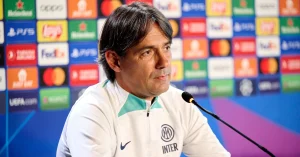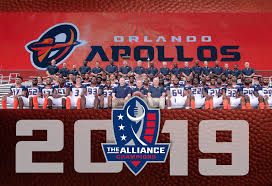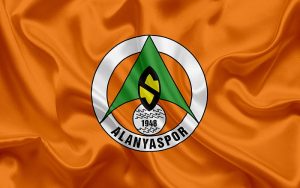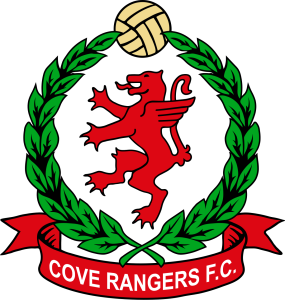At the heart of the West European Championship lies the principle of sportsmanship. This concept transcends mere winning or losing; it encapsulates the ethos of respect, fairness, and ethical conduct within competitive sports.
Defining Sportsmanship
Sportsmanship can be defined as a combination of character traits, including integrity, humility, and generosity. In the realm of sports, it encourages participants to adhere to rules while promoting camaraderie among competitors FB88.
Within the context of the West European Championship, sportsmanship is not only expected from athletes but also from coaches, officials, and fans. This collective responsibility fosters an environment where everyone feels valued and respected, irrespective of the outcome.
The Role of Fair Play
Fair play is a cornerstone of any championship, especially one as renowned as the West European Championship. It ensures that competitions are conducted with honesty, integrity, and respect for all players.
Athletes are trained not just physically but also mentally to embody the principles of fair play. They learn to accept defeat gracefully while celebrating victories with humility. This dedication to fair competition enhances the overall experience for everyone involved, reinforcing the championship’s reputation as a symbol of integrity in sports.
The promotion of fair play extends beyond the playing field. It encourages fans to engage positively with the event, cheering for their teams while respecting opponents. This creates a lively yet respectful atmosphere that exemplifies the spirit of the West European Championship.
Positive Impact on Youth
The lessons of sportsmanship learned during the West European Championship have a lasting impact, especially on younger generations. Youth who witness first-hand the ideals of fair play, respect, and teamwork are likely to carry these values into their own lives.
By promoting sportsmanship through this championship, organizers and participants contribute to developing responsible citizens. Young athletes look up to role models who emphasize the importance of integrity, teamwork, and respect, paving the way for a more harmonious society.
Building Long-lasting Relationships
The West European Championship is a testament to the power of sports in fostering relationships. Participants often form friendships that transcend borders and cultural differences.
Athletes frequently exchange jerseys, flags, and memorabilia as tokens of goodwill, symbolizing the camaraderie forged through competition. These connections strengthen ties among nations, creating a legacy that lasts well beyond the event itself.
The merging of diverse communities through sportsmanship is essential for national and international harmony. The West European Championship plays a vital role in cultivating understanding, acceptance, and appreciation for diversity.





